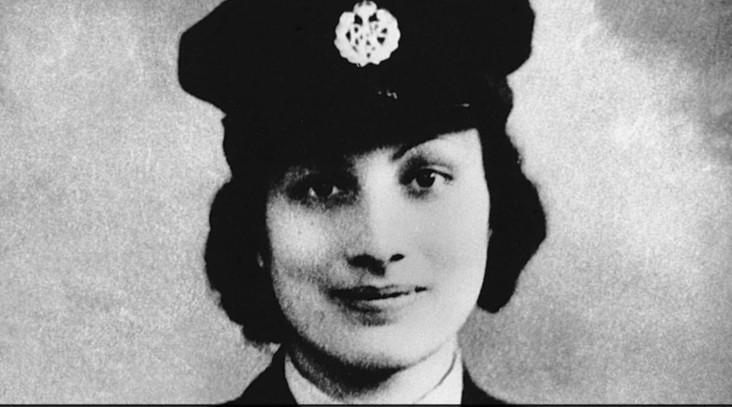
France honours British Indian spy & Tipu Sultan’s descendant Noor
In a remarkable tribute, France has honoured Noor Inayat Khan, a descendant of the legendary Indian ruler Tipu Sultan and a World War II undercover British agent, with a commemorative postage stamp. This distinction makes Noor the only Indian-origin woman to receive such an honour. The stamp is a testament to Noor’s bravery and sacrifice, as she was executed at the Dachau concentration camp in 1944.
Noor’s story is one of courage, resilience, and determination. Born in Moscow in 1914 to an Indian father and an American mother, Noor was raised in a family that valued education and social service. Her father, Inayat Khan, was a musician and a Sufi teacher who had moved to Europe to spread the message of love and peace. Noor’s family later settled in France, where she grew up and developed a deep love for the country and its culture.
When World War II broke out, Noor joined the Women’s Auxiliary Air Force (WAAF) in Britain, where she worked as a wireless operator. Her language skills and knowledge of French culture made her an ideal candidate for undercover work in occupied France. In 1943, Noor was recruited by the Special Operations Executive (SOE), a secret British organization that conducted espionage and sabotage operations behind enemy lines.
Noor was trained in wireless operation, coding, and other espionage techniques. She was then sent to France, where she worked as a radio operator, transmitting vital information back to Britain about German troop movements and military operations. Her code name was “Madeleine,” and she became a key player in the French resistance movement.
Despite the risks, Noor continued to work tirelessly, sending messages and helping to coordinate the activities of the resistance fighters. However, her work did not go unnoticed by the Germans, who were determined to catch her. In 1943, Noor was arrested by the Gestapo and subjected to intense interrogation. She refused to reveal any information about her work or her colleagues, even when faced with torture and mistreatment.
Noor’s bravery and sacrifice did not go unrecognized. She was earlier awarded the Croix de Guerre, France’s highest civilian honour, and Britain’s George Cross, which is the highest civilian award for bravery. The George Cross is equivalent to the Victoria Cross, which is awarded for military bravery.
The commemorative postage stamp issued by France is a fitting tribute to Noor’s memory. It recognizes her contributions to the war effort and her role in the French resistance movement. The stamp features a portrait of Noor, along with a brief description of her work and achievements.
Noor’s legacy extends beyond her work as a spy and a resistance fighter. She was a true patriot who was willing to risk her life for the freedom and dignity of others. Her story is an inspiration to people around the world, and her bravery and sacrifice will never be forgotten.
In recent years, there has been a growing interest in Noor’s life and work. Her story has been the subject of several books, films, and documentaries. The commemorative postage stamp issued by France is a testament to her enduring legacy and a reminder of the important role she played in the war effort.
In conclusion, the commemorative postage stamp issued by France in honour of Noor Inayat Khan is a fitting tribute to her bravery and sacrifice. Noor’s story is a powerful reminder of the importance of courage, resilience, and determination in the face of adversity. Her legacy continues to inspire people around the world, and her memory will live on for generations to come.






